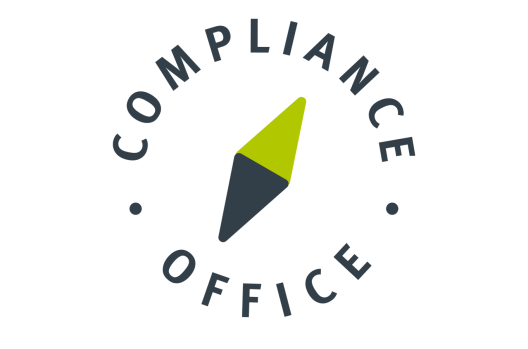12. Gender equality, diversity and discrimination
Gender equality
The University of Münster regards gender equality as a strategically important goal. Reducing discrimination on the basis of gender and gender equality is a cross-sectional task of every individual, which is not only anchored at the management level, but also within the faculties, departments and central units. Moreover, equal gender opportunity is being implemented according to defined criteria and goals at all decision-making levels and in relation to all member groups.
The University’s gender equality policy is firmly anchored in its mission statement as a voluntary commitment and is concretized in the Framework of Gender Equality and the Gender Equality Plans of the individual units. The University management regards gender mainstreaming and gender equality as important criteria for the sustainable development of higher education.
More information:
https://www.uni-muenster.de/Gleichstellung/en/index.html
Framework of Gender Equality
Diversity and equal opportunity
Diversity at the workplace and in academic life is of central importance to the University of Münster. The University values all employees and students, regardless of age, gender, ethnicity, disability, sexual orientation or religion. It promotes this philosophy by means of an active equal opportunity and diversity policy and rejects every form and manner of discrimination.
Recognition across disciplines and organisational units and respect for personal individuality are decisive factors that influence university, academic and student action. The University supports the different characteristics, diverse talents and experiences of its employees and students. Through a variety of projects, programmes and funding measures[KS1] , the University of Münster is committed to equal opportunities and thus contributes to its future viability and competitiveness.
More information:
https://www.uni-muenster.de/profil/en/diversity/index.html
Contact for matters related to the diversity process:
Discrimination – GETA Advisory Office and GETA Complaints Office
The University of Münster rejects discrimination in all forms. For advice and support, there are various support offices at the University where employees affected by discrimination can seek confidential consultation. These include, for example, the Human Resources department, the Equal Opportunities Officer(s), the Representative of the Severely Disabled and the staff representatives.
In particular, the Counselling Service for Staff and Management, with its special expertise on the General Equal Treatment Act (GETA), is available to all employees in the event of experiences or perceptions of (multiple) disadvantage and discrimination.
If you want to lodge a GETA complaint on the grounds of § 13 (discrimination on the grounds of ethnic origin, gender, religion or belief, disability, age or sexual identity) or are considering doing so and have questions about the process, you can contact the GETA Complaints Office directly.
More information (momentarily in German only):
https://www.uni-muenster.de/Verwaltung/en/orga/agg.html
https://sso.uni-muenster.de/intern/personal/beschwerdestelle/

